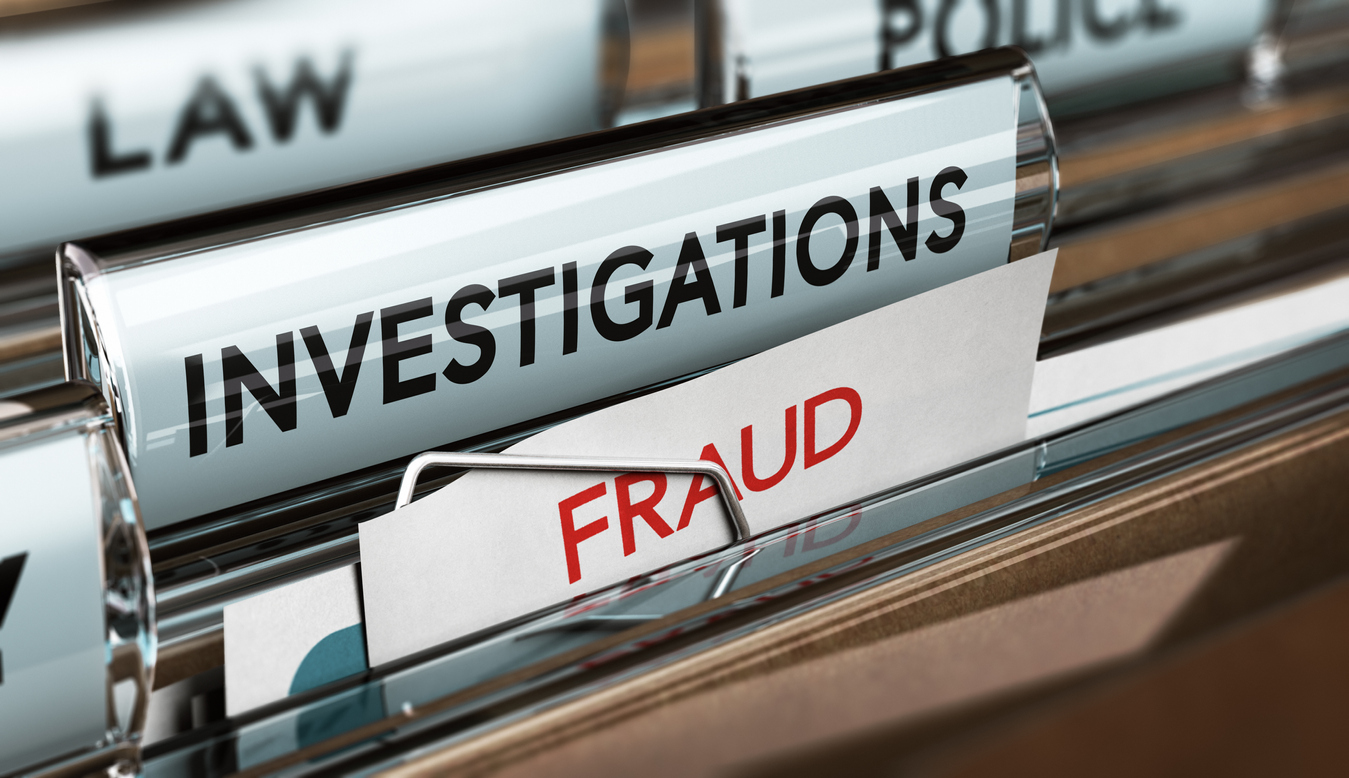Whether it is referred to as a “fraudulent insurance act” or just plain “insurance fraud,” each state prohibits certain acts or omissions that it considers fraudulent. In Georgia, the legislature has enacted Ga. Code § 33-1-16, which defines what it considers to be a “fraudulent insurance act.” In addition, Ga. Code § 33-1-16 imposes varying degrees of reporting requirements on those who have knowledge of a fraudulent insurance act being committed
Under Ga. Code § 33-1-16(a)(1), a person commits a fraudulent insurance act if he or she:
Knowingly and with intent to defraud presents, causes to be presented, or prepares with knowledge or belief that it will be presented, to or by an insurer, purported insurer, broker, or any agent thereof, any written statement as part of, or in support of, an application for the issuance of, or the rating of, an insurance policy, or a claim for payment or other benefit pursuant to an insurance policy, which he knows to contain materially false information concerning any fact material thereto or if he conceals, for the purpose of misleading another, information concerning any fact material thereto.
Who is required to report a “fraudulent insurance act” under Georgia law?
Georgia law imposes two different standards on those who know or believe that a fraudulent insurance act has been committed—one for those who work in the insurance industry and one for those who do not. Insurers, agents, and others licensed to deal in insurance in Georgia who have knowledge, or even a belief that a fraudulent insurance act has taken place are required to report such to the Georgia Insurance Commissioner. In pertinent part, Ga. Code § 33-1-16(f) provides:
Any insurer, agent, or other person licensed under this title, or an employee thereof, having knowledge of or who believes that a fraudulent insurance act is being or has been committed shall send to the Commissioner a report or information pertinent to such knowledge or belief and such additional information relative thereto as the Commissioner or his employees or agents may require.
Id. (emphasis added). Accordingly, those employed in the insurance industry have a legal duty to report their knowledge of any fraudulent insurance act of which they are aware.
For everyone else, including policyholders, the reporting requirement is much less strict. In fact, those who are not insurers, agents, or licensed to deal in insurance under Georgia law technically are under no requirement to report fraudulent insurance acts. Rather than using the mandatory “shall” language as it did for the insurance industry, the Georgia legislature incorporated the permissive term “may” for everyone else. Georgia Code § 33-1-16(f) provides:
Any person, other than an insurer, agent, or other person licensed under this title, or an employee thereof, having knowledge of or who believes that a fraudulent insurance act is being or has been committed may send to the Commissioner a report of information pertinent to such knowledge of or belief and such additional information relative thereto as the Commissioner may request.
Id. (emphasis added).
What effect does reporting or not reporting a fraudulent insurance act have?
While it is important to understand who has a legal duty to report a fraudulent insurance act, it is equally important to understand its effect on the person who reported the fraudulent insurance act. Even though those not employed in the insurance industry are under no duty to report a fraudulent insurance act, an insurer or insured can notify a law enforcement agency for that person’s failure to report. Notably, Georgia law grants immunity from civil liability for libel, slander, and other causes of action to those involved in the reporting and investigation process. In pertinent part, Ga. Code § 33-1-16(g) states:
(g) Notwithstanding the provisions of subsection (f) of this Code section, when an insurer or an insured knows or has reasonable grounds to believe that a person committed a fraudulent insurance act and which the insurer reasonably believes not to have been reported to a law enforcement agency in this state, then, for the purpose of notification and investigation, the insurer or an agent authorized by an insurer to act on its behalf or the insured may notify such law enforcement agency of such knowledge or reasonable belief and provide such information relevant to the fraudulent insurance act, including, but not limited to, insurance policy information, including the application for insurance; policy premium payment records; history of previous claims made by the insured; and other information relating to the investigation of the claim, including statements of any person, proofs of loss, and notice of loss. In the absence of fraud or bad faith, no insurer or agent authorized by an insurer to act on its behalf, law enforcement agency, or their respective employees or an insured shall be subject to any civil liability for libel, slander, or related cause of action by virtue of filing reports or for releasing or receiving any information pursuant to this subsection….
Id. (emphasis added). Although an insured does not have a legal duty to report a fraudulent insurance act, an insured’s failure to do so may very well become part of an investigation by a law enforcement agency.
The moral of the story is that while Georgia law appears to grant some leniency to policyholders by not imposing a strict duty to report fraudulent insurance acts, the threat of potentially becoming part of an investigation by a law enforcement agency for not reporting a fraudulent insurance act has virtually the same effect as imposing a strict requirement.




